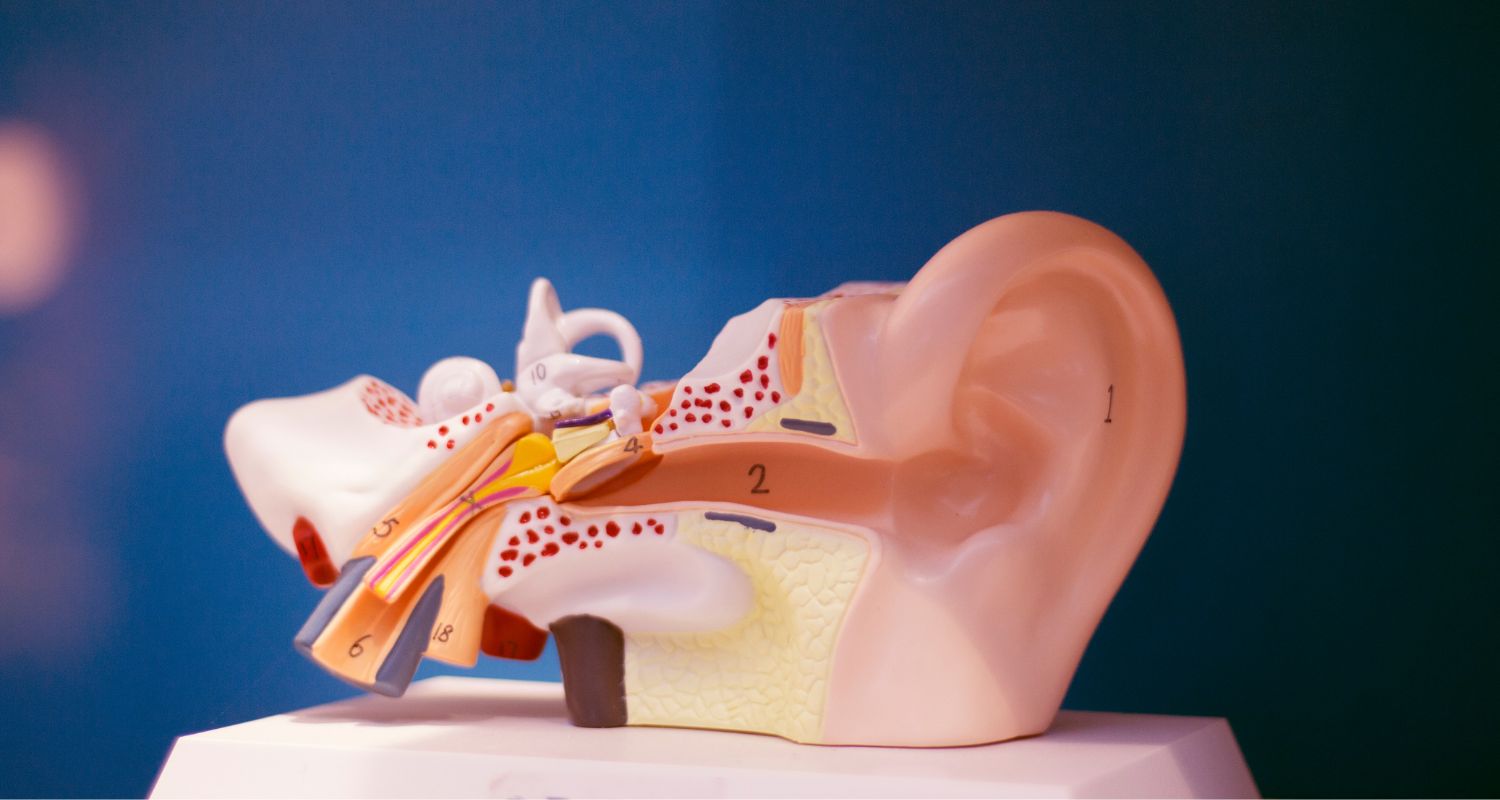Here it comes again.
That sensation of moving or spinning while actually sitting or lying still.
Could it be vertigo?
There are different types of vertigo and this false sense of rotation is due to a variety of causes.
Not all vertigo is alike.
Often patients will hear the acronym ‘B-P-P-V’.
So what is BPPV exactly? What does it mean, and what is it?
The phrase ‘B-P-P-V ‘stands for the words Benign Paroxysmal Positional Vertigo, and is the most common form of vertigo.
Let’s break down the words further.
Benign – a condition that is not life threatening.
Paroxysmal – begins or comes on suddenly.
Positional – is triggered by a position (and with BPPV, it is the head’s position).
Vertigo – feels like the room is spinning.
 Vertigo results in a sensation that you or your surroundings are moving while still.
Vertigo results in a sensation that you or your surroundings are moving while still.
Vertigo implies that there is a rotational component to a patient’s dizziness. Either the room is spinning around them, or they are spinning in the room. That means vertigo results in a sensation that you – or your surroundings – are moving while still.
What you may not know is that the sensation of vertigo is a symptom. And with BPPV, brief periods of vertigo are brought on when changing positions of the head.
BPPV occurs when tiny crystals called otoconia, a natural part of our fascinating inner ear structure, are dislodged.
For those living with BPPV, it often affects much more than the physical sensation of dizziness or imbalance. It can also create a feeling of uncertainty and frustration, even anxiety over the fear of falling.
Our doctors of audiology specialize in the precise evaluation and diagnosis of balance disorders including BPPV, and provide successful treatment with lasting results.
All Institute doctors have vestibular diagnostic and rehabilitation expertise, and utilize the Institute’s signature protocol, known as Advanced Vestibular TreatmentSM (AVT) to restore and maintain balance and equilibrium. We offer the latest state-of-the-art technologies, including the EPLEY Omniax® system and Neuro Kinetics rotational chairs for treating difficult-to-diagnose vertigo cases, including BPPV. Our combination of diagnostic and therapy resources in one convenient location is designed with each patient’s comfort and accessibility in mind. The end result is those living with BPPV can comfortably and confidently resume activities they enjoy and the lifestyle they want.
We’re here to help you to successfully treat BPPV.
We like to define BPPV as:
‘Lasting relief so you never have to say that phrase ‘here it comes again’ – ever again.’






Leave A Comment